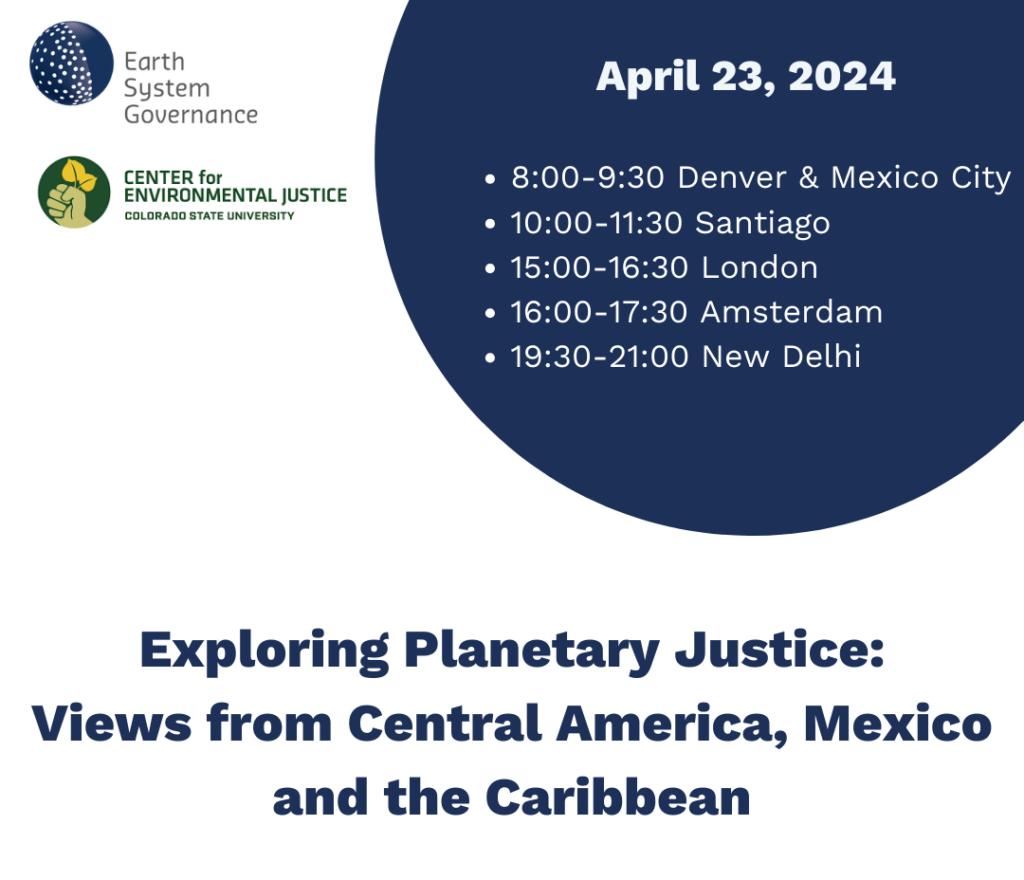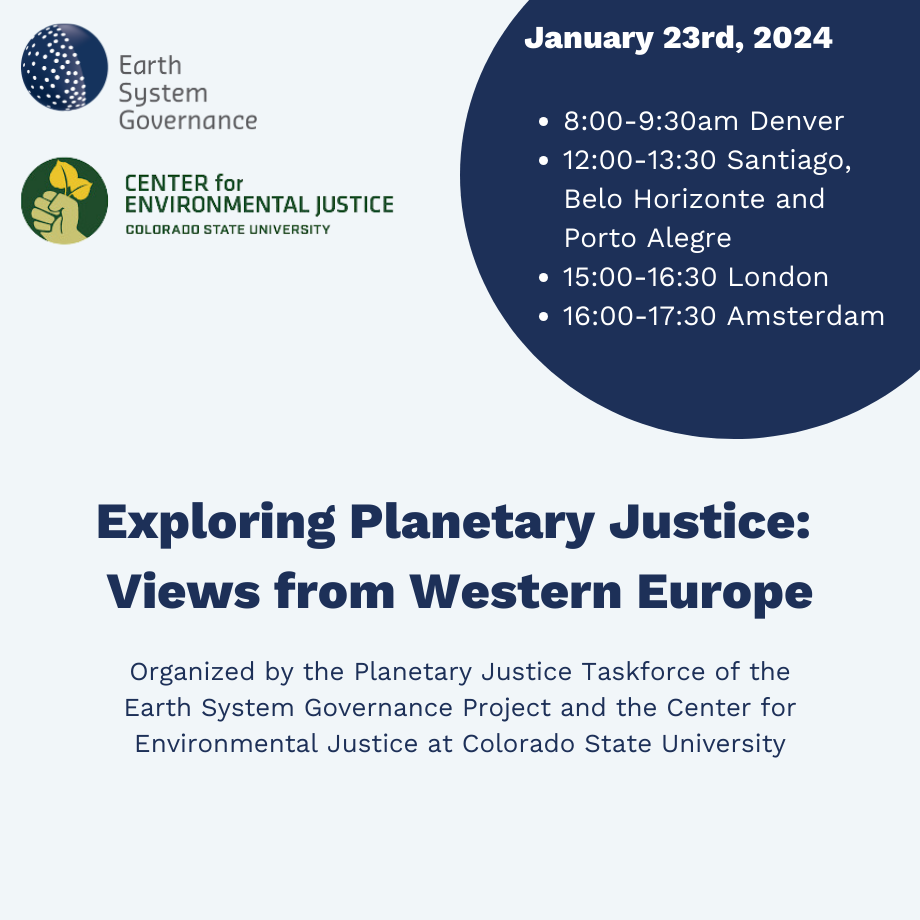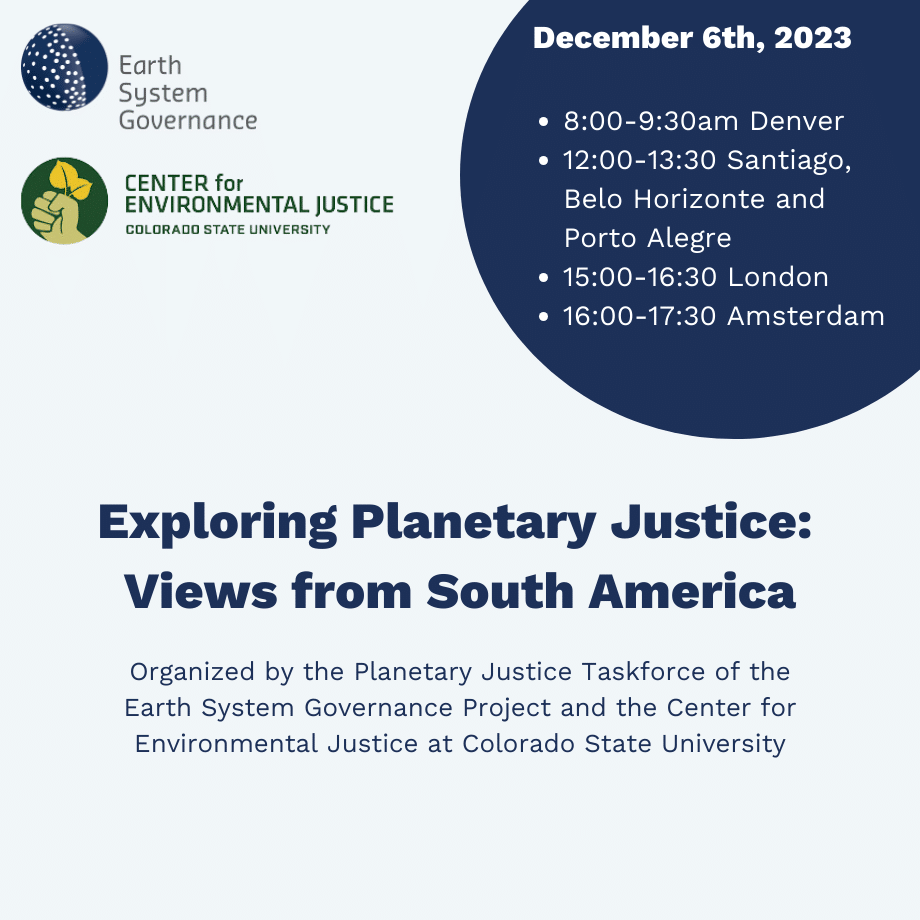Around the world, pressures from climate change, globalization and changing use of natural resources increasingly affect both the physical and socio-economic and political landscapes. This conference will explore the influence of historic pathways and new trends on how a diversity of actors respond to those changes and mobilize in order to better govern their own futures.
Current trends are contradictory. We are getting nearer a worldwide unanimity concerning the urge to act upon climate change although we seem to be light years away from taking the actions needed. During the last decades we have seen an explosion of experiments in participation, especially in the area of environmental decision-making, at the same time as globalization has rendered the power over decisions obscure, remote and inaccessible. We see, for instance, that traditional and local knowledge impose alternative views on appropriate action and that the inclusion of notions of human rights and environmental citizenship — including those of indigenous populations – pose new questions to the traditional formulation of environmental policy. What are the popular understandings of global warming/environmental change scenarios that arise in responses to the above challenges? Also, we note that experiments in participatory approaches bring new tensions of interest to the fore and that much new energy for action emanates notably from more informed ways of understanding the social-ecological relationships. In particular, we want to emphasize the role of power — how the social and economic construction of landscapes in a wider sense may in fact guide — or even determine — the outcomes. This includes shifts in how we understand the role of the social sciences — a topic that is worth making explicit at the 10th Nordic Environmental Social Science Conference.
The conference will invite theoretical as well as empirical papers, using comparative as well as in-depth case studies on those topics suggested in the specific workshop themes. These papers depart from a range of different disciplines such as: human geography, sociology, political science, law, history, anthropology, economics, psychology, philosophy, education, economic history, media and communication.
See for more information the conference website



